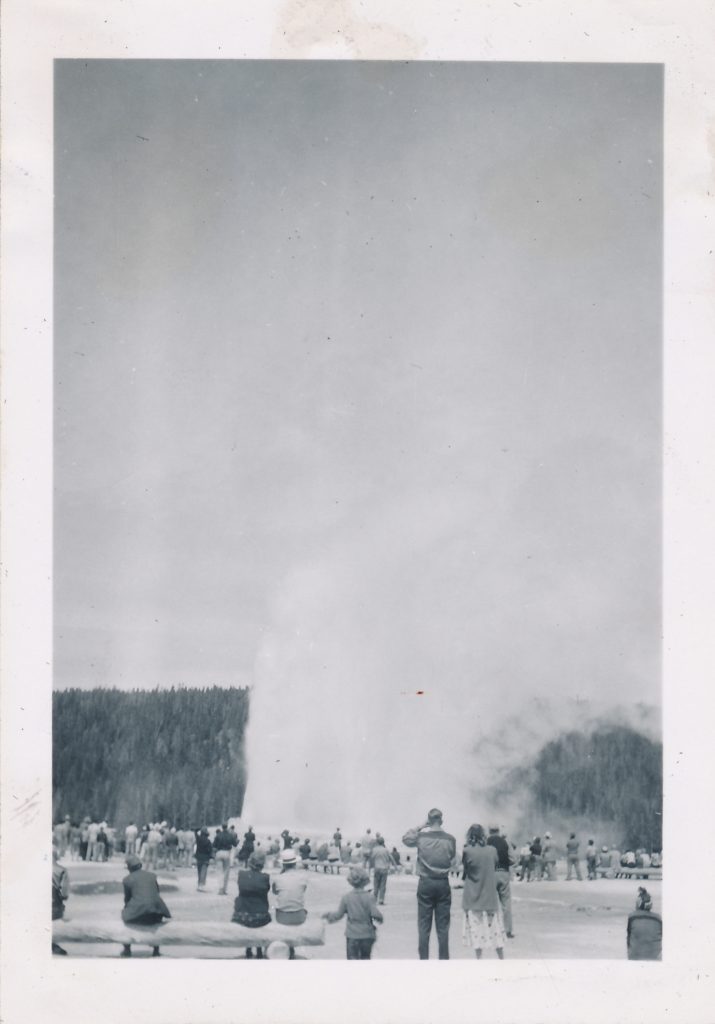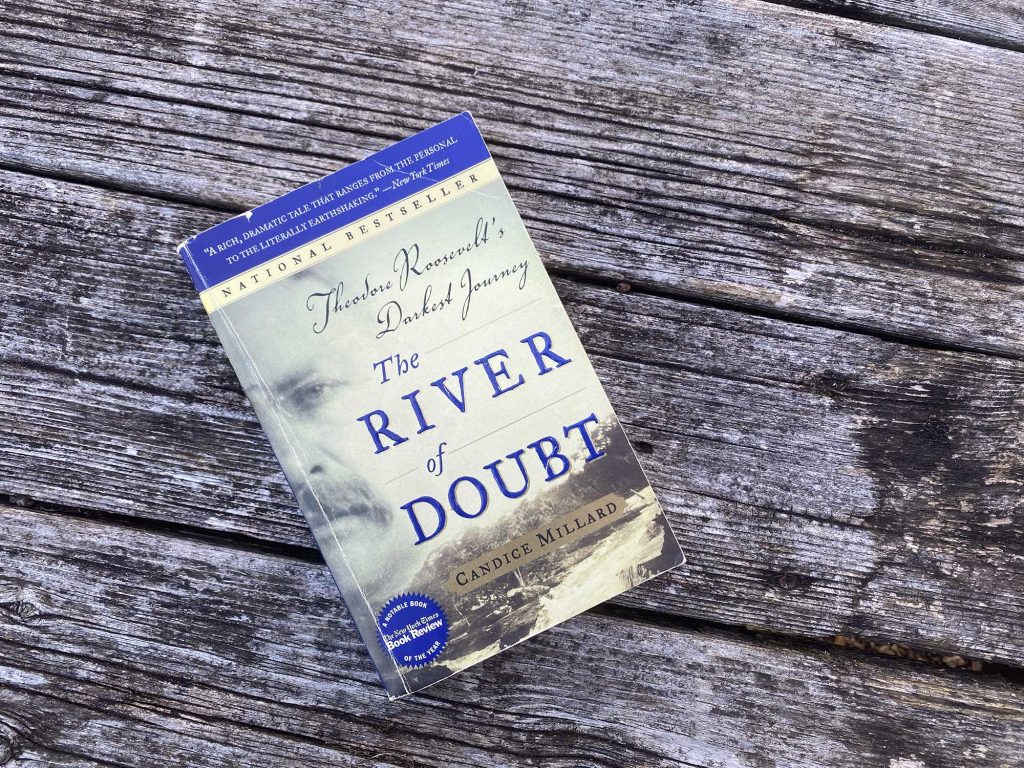This post contains affiliate links.
You don’t have to read George Perkins Marsh’s Man and Nature to gain a literary appreciation for nature. Inspiration can be found in some surprising — and some not-so-surprising — places.
The following books offer a compelling look at the natural world and insights into our connection to and responsibility for conserving it.
To a God Unknown by John Steinbeck
Largely considered to be the most difficult of all Steinbeck’s novels to write, To a God Unknown tells the story of Joseph Wayne and his family as he strives to fulfill his deceased father’s dream of growing a thriving farm in the hills of California. As the farm prospers, Joseph attributes its success to a large oak tree on the property that he believes contains the spirit of his deceased father. But, frightened by Joseph’s pagan beliefs and rituals involving the tree, his brother kills it, causing the farm to languish.
This symbolic tale of one man’s attempt to control nature beautifully captures our utter inability to do so and illustrates the power of the natural world and the awe it inspires.
Walden by Henry David Thoreau
A social experiment of sorts, Henry David Thoreau’s Walden is a testament to self-reliance and minimalism. For two years, Thoreau lived by himself in the woods surrounding Walden Pond outside of Concord, Mass., in a cabin that he built. There, he reflected on the natural world and all it has to offer as well as on how little is necessary for humans to prosper.
Thoreau’s reflections demonstrate the importance of our oneness with nature and how connecting with it can lead to spiritual awakening. Through his prose, he captures both the simplicity of the natural world and its ability to calm and renew us and our thirst to explore it.
The Varieties of Scientific Experience: A Personal View of the Search for God by Carl Sagan
This collection of lectures focused on natural theology and the concept of “informed worship” reveals astronomer, astrophysicist and Pulitzer Prize winner Carl Sagan’s thoughts on the relationship between religion and science. Given as a series of talks at the University of Glasgow in 1985 and published posthumously in 2006, The Varieties of Scientific Experience emphasizes the vastness of the universe, our desire to believe in a higher power and the divisions created by religion as well as their implications for the world.
Sagan paints a compelling — and accurate — picture of the universe as much larger than any one person or problem. By demonstrating its immenseness, he emphasizes our insignificance and the urgency of coming together to preserve our planet.





